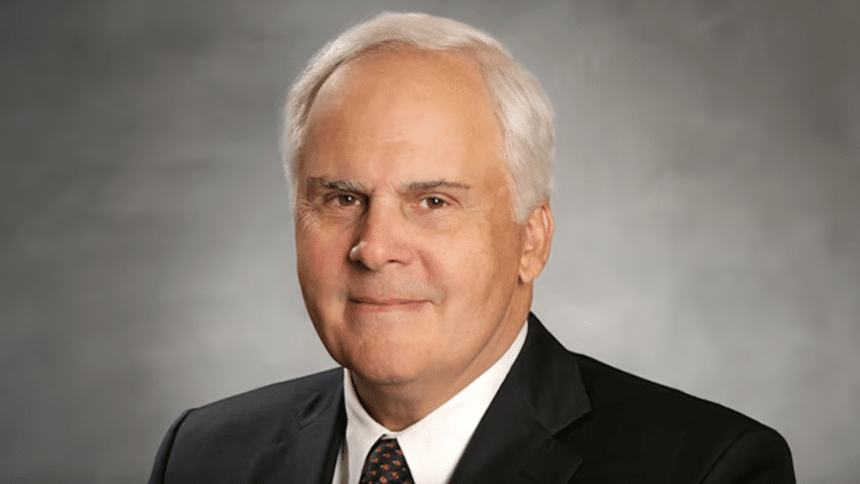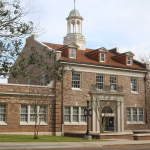Fred Smith, the founder of the world-renowned shipping and logistics company FedEx, has passed away at 80.
The company, headquartered in Memphis, made the announcement on Sunday. Smith, a Marks native, launched Federal Express in 1973 and transformed the package delivery industry at a time when many Americans were dependent on the United States Postal Service.
“Frederick Wallace Smith, the founder, executive chairman, and long-time chairman and CEO of FedEx Corporation, passed away from natural causes on June 21, 2025, in Memphis, Tennessee,” a statement from FedEx reads. “He was 80 years old. His death marks the end of an era for the global transportation and logistics industry; an industry which he founded and revolutionized through his innovative vision and relentless pursuit of excellence.”
Frederick W. Smith
August 11, 1944 – June 21, 2025
Pioneer of an industry, founder of FedEx, mentor to many, a source of inspiration to all. Bravo Zulu.
Photographed by @annieleibovitz pic.twitter.com/axN6879PWs
— FedEx (@FedEx) June 22, 2025
While attending Yale College as a student and working as a charter pilot in the early 1960s, Smith envisioned an “air-to-ground” delivery system that would ensure people could receive packages and other documents promptly, or even overnight. This concept gave rise to what would later become the gold standard of the industry — FedEx.
Following his college days, Smith joined the United States Marine Corps, which included two tours of duty in Vietnam, where he served as a rifle platoon leader, a company commander, and an aerial observer/tactical air controller. He earned a Silver Star, Bronze Star, and two Purple Hearts for his military service. Smith concluded his time in the Marines in 1970 as a captain and turned to the business sector.
After its 1973 launch, FedEx grew from a small startup into one of the most recognized multinational corporations. Today, FedEx is the world’s largest express transportation company, all under Smith’s guidance. The company employs more than 500,000 team members globally, connects more than 220 countries and territories, and moves nearly $2 trillion in goods annually and more than 17 million shipments per day.
In 2022, after serving as one of the longest-tenured presidents and CEOs of a Fortune 100 company, Smith stepped aside to become the founder and executive chairman of FedEx Corporation. As executive chairman, Smith turned his attention to issues of global importance, including sustainability, innovation, and public policy.
“Frederick W. Smith pioneered express delivery and connected the world, shaping global commerce as we know it,” current FedEx President & CEO Raj Subramaniam said. “His legacy of innovation, leadership, and philanthropy will continue to inspire future generations. I will miss not only his visionary leadership, but his trusted friendship and counsel.”
Smith was a trustee for the Center for Strategic and International Studies, a Director of the American Battle Monuments Foundation, and a member of the Business Council. He served on the Business Roundtable for more than 30 years. He also served as chairman of the U.S.-China Business Council and co-chair of the French American Business Council. He was also on the boards of multiple major companies and charitable organizations, including Holiday Inn and St. Jude Children’s Research Hospital.
He was the chairman of the Board of Governors for the International Air Transport Association and chaired the executive committee of the U.S. Air Transport Association.
Beyond his business achievements, Smith dedicated time to charitable causes, including roles as co-chairman of both the U.S. World War II Memorial project and the campaign for the National Museum of the Marine Corps.
“He was committed to education, veterans’ affairs, and environmental sustainability, ensuring that FedEx played a positive role in communities around the world,” FedEx’s statement further reads.
In Smith’s home state of Mississippi, FedEx has played a vital role not only in package delivery services, but also in key sponsorships at universities and museums.








